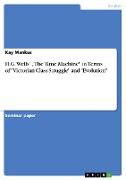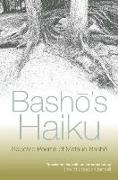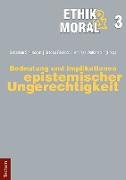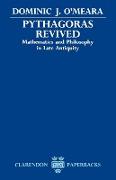H.G. Wells¿ ¿The Time Machine" in Terms of "Victorian Class Struggle" and "Evolution"
BücherAngebote / Angebote:
Seminar paper from the year 2006 in the subject English Language and Literature Studies - Literature, grade: "-", Carl von Ossietzky University of Oldenburg (Anglistik), course: Literary Utopias and Dystopias in Britain , language: English, abstract: 1. Introduction
In this paper, I am going to explore the concept of evolution in H.G Well's "The Time Machine". This enormously successful and influential novel, first published in 1895, has been made into two movies in the twentieth century. The novel is generally credited with the concept of time travel using a vehicle which allows the user to explore the fourth dimension by going forward or backwards in time. On another level it is a critical view of the late nineteenth-century Victorian society, and an early masterpiece of dystopian writing. Historically considered, it is one of the first science fiction writings ever published. Wells himself called his work "scientific Romance" and the majority of reviewers at the time used the term, too. "The Time Machine" was later seen by literary historians as having laid the path for modern science fiction writing. Moreover, the novel utters a sharp criticism of the decadence of the bourgeoisie and provides a critical perspective on the growing gap between upper and lower class in Wells' own time. The main themes and leitmotifs are very ambiguous. The plot illustrates how a typical utopian paradise turns into a dark dystopian vision of a remote future for mankind.
In the first part of my paper, the focus lies on the novel's structure as well as on the specific literary devices employed. This includes the narrative frame, interesting aspects of the narration and the protagonist, who is simply, yet amply named "The Time Traveller" and an overview of the extraordinary structures of time and place....
Folgt in ca. 10 Arbeitstagen




